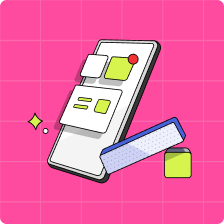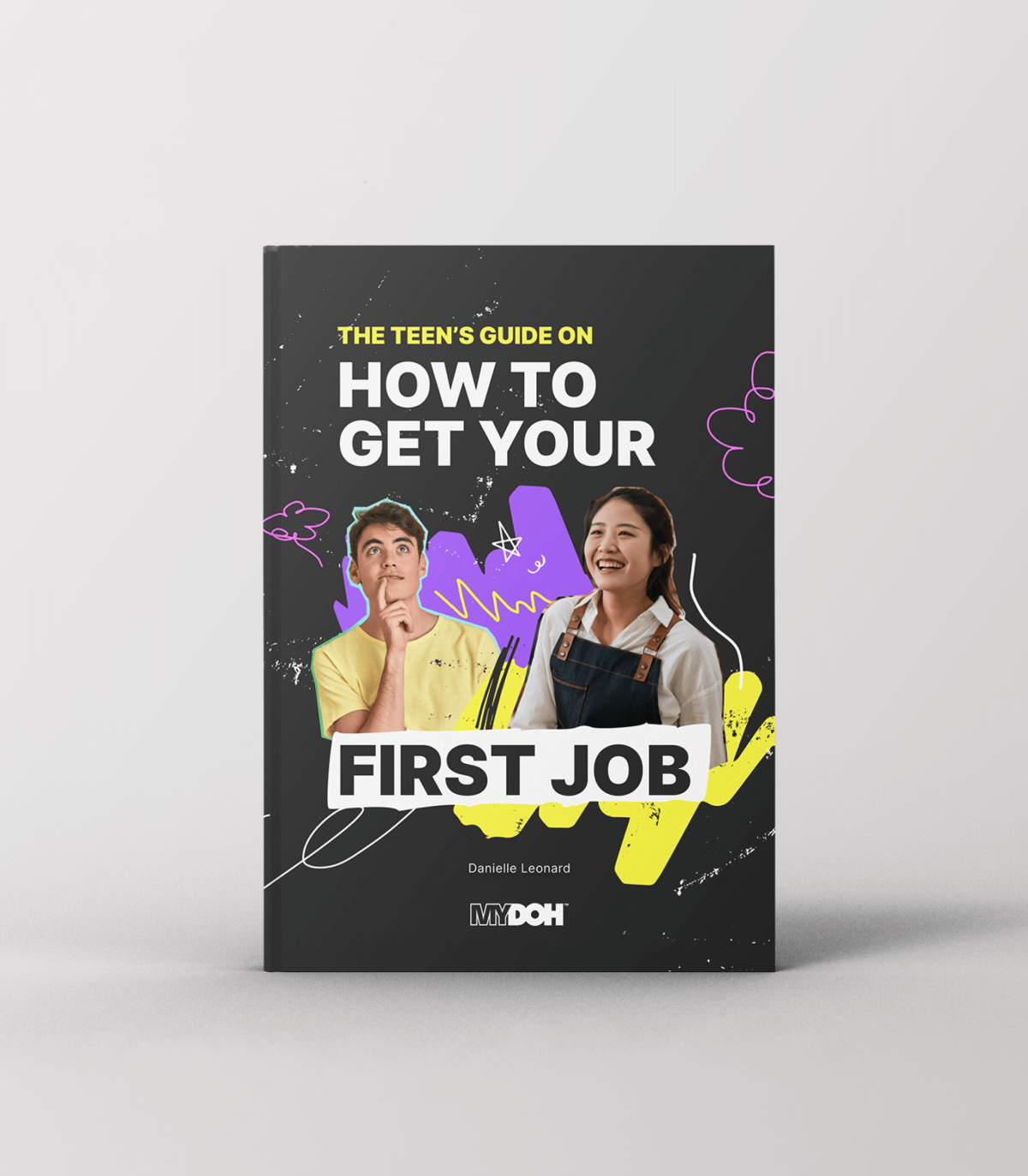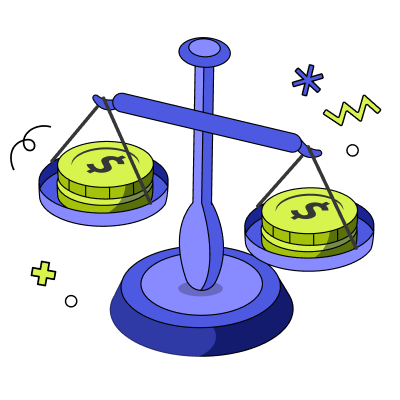FAQ
It’s not easy to find a job with no prior work experience. For a teen with no experience, it may help to look for positions that specifically advertise “no previous experience” in order to apply. Examples include sales assistant, cashier, usher, or barista. Another way to get a job with no experience is to identify key transferable skills on the resume and during the interview, as well as highlight any past volunteering experiences that may be relevant to the job listing.
Teens with in-demand skills are more likely to land a well paying first job in Canada. Part-time jobs that pay the most for teens include: lifeguard ($17 – $19 per hour), tutor (around $20 per hour), gardener (approximately $18 – $20 per hour), and barista (around $16 per hour).
Unemployment in Canada is at a record low, which means it should be easier for teens to get a job. But that will depend on how much work is put into the job search. A part-time job offer is unlikely to drop from the sky. It takes effort to write a resume, search for jobs, network, and apply. Put in the effort and the reward of a job offer is more likely.
Each province and territory in Canada has laws around how old someone has to be in order to start working. The youngest age to get a job is 13 in Alberta, Manitoba, P.E.I., the Northwest Territories, Yukon or Nunavut. The minimum age in New Brunswick, Nova Scotia, Quebec, and Saskatchewan is 14 years old. The minimum age is 15 in Ontario and 16 in B.C., although teens aged 12 to 15 can take on light work.
A resume outlines a candidate’s qualifications, education, skills, and work experience. Even for teens, a resume should follow a similar format. Teens can make a resume by using an existing resume template, such as a skills-based resume or chronological resume, and simply fill in the personal details.


















